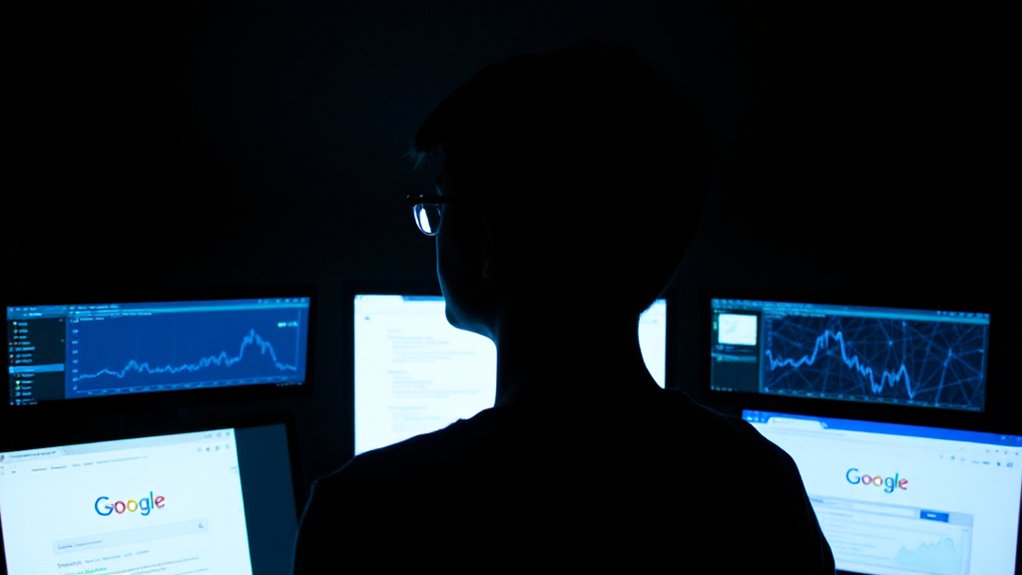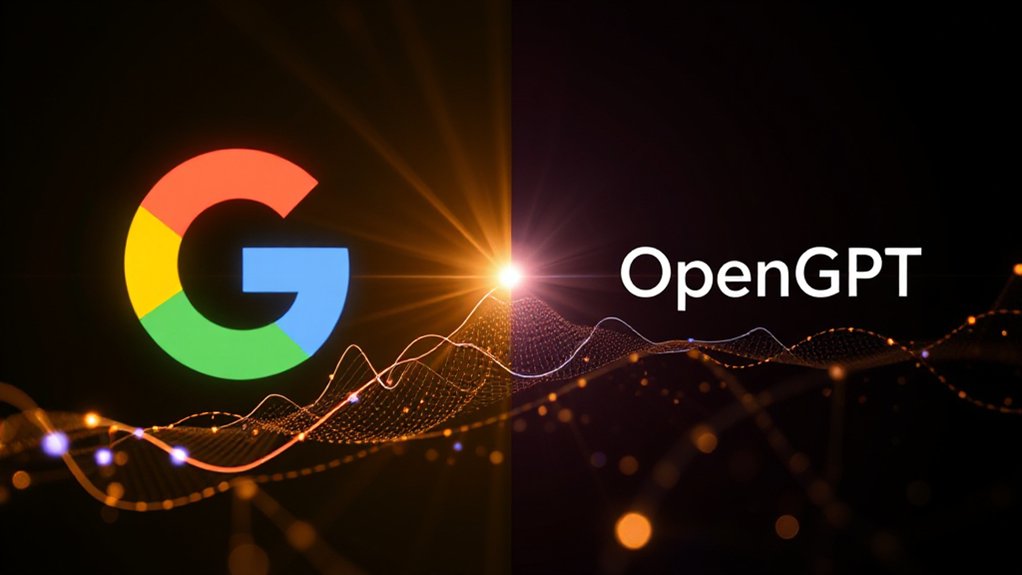While AI search engines promise to revolutionize how people find information online, serious concerns about their reliability are emerging from multiple studies. Research shows that AI search tools rarely use the same sources as traditional search engines, with only 12% of AI citations matching Google’s top organic results. This significant divergence raises questions about where AI systems get their information.
AI search tools pull from different sources than Google, raising critical questions about information origins.
Citation accuracy is a major problem. DeepSeek misattributed sources in 57.5% of tested queries, and many AI systems fail to provide proper links to original content. This hurts publishers and makes it difficult for users to verify information. When AI systems do cite sources, they often rely on well-known media brands to appear trustworthy, even when the information isn’t accurate. The growing trend of cognitive offloading occurs as users increasingly delegate critical evaluation of sources to AI systems.
AI search engines can also “hallucinate” by confidently presenting false information that sounds plausible. This problem is especially concerning in areas where accurate information is critical. Recent studies revealed that chatbots fail to retrieve the correct articles in over 60% of queries. Traditional search metrics like clicks and bounce rates require re-evaluation as they don’t capture the unique interaction patterns of AI-driven search environments. Companies are working on fact-checking systems and better citation methods, but accuracy remains a significant challenge.
Publishers face severe economic consequences from these new tools. AI chatbots drive 96% less referral traffic than traditional search engines, dramatically reducing ad revenue and subscription engagement. Since AI systems typically combine information from multiple sources, individual publishers receive fewer direct visits and less income.
The diversity of sources used by AI systems presents additional challenges. About 82.5% of AI citations link to deep internal pages rather than homepages, changing normal web traffic patterns. Different AI platforms rarely agree on sources – 86% of cited sources are unique to each platform.
Bias and fairness issues compound these problems. AI search inherits biases from training data, potentially producing discriminatory or harmful results. Regulatory pressure is increasing, with agencies like the FTC demanding more accountability.
In response, companies are implementing bias mitigation research and fairness safeguards, recognizing that ethical AI search requires both technical solutions and procedural oversight.
References
- https://www.cjr.org/tow_center/we-compared-eight-ai-search-engines-theyre-all-bad-at-citing-news.php
- https://www.omnius.so/blog/ai-search-industry-report
- https://ahrefs.com/blog/ai-seo-statistics/
- https://www.ibm.com/think/news/ai-new-search-experience
- https://globisinsights.com/future-of-work/machine-learning/the-state-of-search-in-2025/
- https://hai.stanford.edu/ai-index/2025-ai-index-report
- https://www.statista.com/topics/10825/ai-powered-online-search/
- https://explodingtopics.com/blog/ai-statistics
- https://searchengineland.com/consumers-first-search-result-ai-use-surge-463042









